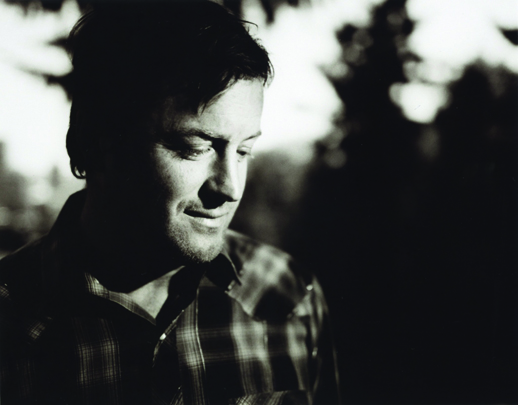Willy Vlautin
The Free
Faber & Faber paperback
Review by Will Burns.
Willy Vlautin’s new book The Free begins with a contradiction that could come to sum up the delicate balance of his whole novelistic output. A young soldier, injured in action, with major brain trauma wakes up in his care home with an unexpected clarity of thought. His vision unblurred, his memory, his thought processes, his sense of himself all acutely real once again. Vlautin has sketched out for us his sense of hope. But here also is the subversion of that hope, for held within the very set of circumstances that have opened up this world of promise for the wounded soldier, Leroy Kervin, are the seeds of desolation. For Leroy decides that he must take drastic action now, while in control of his faculties, or risk the clarity he is experiencing disappearing once again, robbing him of will, dignity, freedom. The Vlautin dialectic of hope and hopelessness establishes itself early in The Free.
From this violent, harrowing opening grow a series of stories that slowly and delicately intertwine, through seemingly ordinary revelations building, piece by piece, a fully-realized corner of the world so rarely held up to the light. But this is Vlautin’s landscape—peopled with characters who all exhibit, to a greater or lesser degree, a plain and honest goodness. Bad decisions can wreck or derail a life in Vlautin, but bad people are a rarity. The easily achieved tension of dramatic morality is nowhere to be found, Vlautin instead choosing to examine lives for whom motivation is something pale, barely remembered. Treating yourself to a donut between the two jobs you work to keep up your child welfare payments, cooking lunch for your sick father, painful phonecalls with daughters who you no longer know. But these people are drawn with such intensity, and Vlautin’s sentences are so luminous, as to render all this as artful, as full of meaning, as the bullish, high pressure McCarthy’s narratives or the crafted psycho-analytical topography of Franzen’s characterization.
For Vlautin, there are no showy inner monologues, no jumping his characters through dramatic hoops in order to expose them as human. Instead they reveal themselves through interaction with each other. Pauline, Leroy’s nurse, who has also taken a personal interest in a young girl whose life is slipping dangerously from the right to the wrong side of the tracks, has her story beautifully brought out through conversation, particularly the tender exchanges she shares with the young girl, exposing the scars of a life lived in the absence of her mother and, in all but his physical being, her father too. Freddie, who is a night porter in Leroy’s care home and continues to visit him in hospital, has his daily talk with Mora at the donut shop on his way to his second job. It is through these constant, gentle dialogues that Vlautin establishes his characters, colouring their experiences with his effortless, acute observational eye. In a sense, that is what this book is really about. How we interact. How we relate and through these relationships, functional or otherwise, how we realize and redeem ourselves.
It is immensely satisfying to read a writer begin to strike out for new waters in the real-time of their writing career and in The Free, Vlautin’s muted meta-fictional thread feels thoroughly embedded in the novel as whole, essential to both character and the novel’s overall design, as it would in a Pynchon novel, albeit shouted a little less loudly than Pynchon might. It is a branching out for a novelist whose realist accomplishments are considerable, and yet the strange adventure story which Vlautin plants inside the failing mind of Leroy as he lies in a coma is skillfully executed.
For a novel set in such an unprepossessing landscape, and wrought in such spartan prose, the effect of reading The Free is inescapably “high”. There is the rare blending of intelligence, lightness and seriousness that only the greatest art evokes. Vlautin’s triumph is understatement. And yet what statements he still achieves, because here is a book about capitalism, about parenthood, childhood, war, America. The great American novel, no less. But spoken more plainly and more forcefully than many of his more illustrious peers have yet managed.
The Free can be found in the Caught by the River shop at the special price of £10
